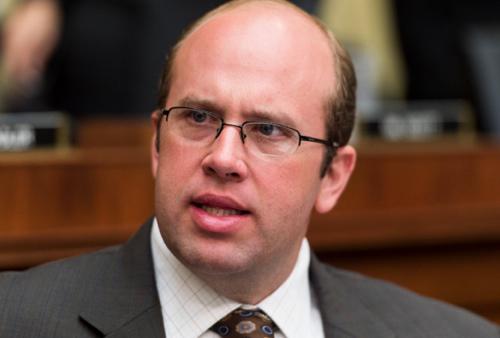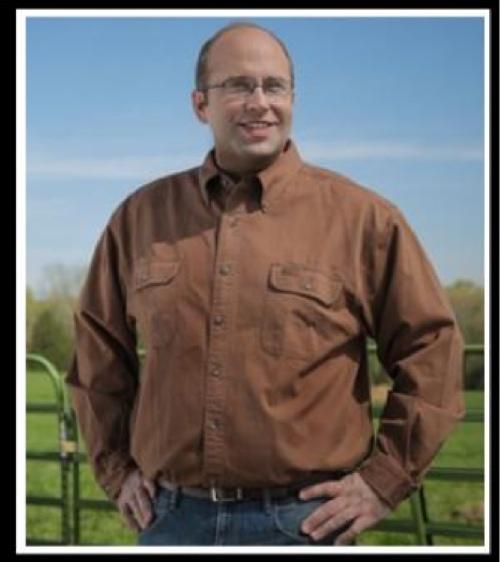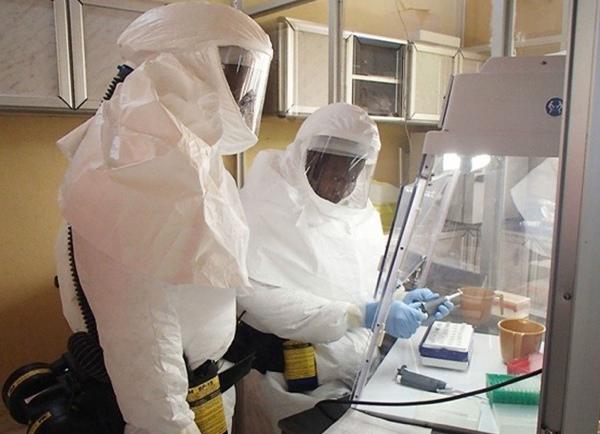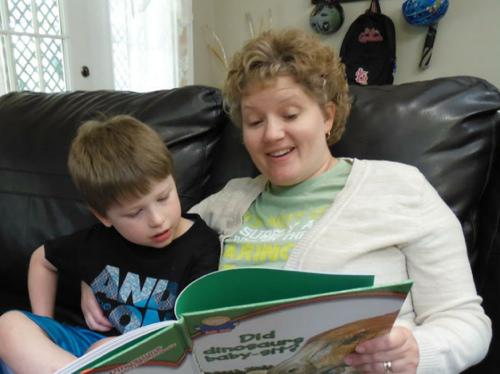
“Being an NFL city is a matter of civic and state pride, and make no mistake about it – St. Louis is an NFL city,” Gov. Nixon said. “The economic impact of having an NFL team in St. Louis extends long beyond Sunday afternoon, and sends a clear signal that this city is a worldwide player. I am confident that these two outstanding civic leaders can explore paths forward that will protect taxpayers and ensure private investment.”
By completing their work within the next 60 days, the Governor said, the these civic leaders would put the state in a position to communicate with the St. Louis Rams before Jan. 28 – the deadline the Rams have set to provide notice of their intent to convert their current lease of the Edward Jones to a year-to-year lease.
Peacock has extensive experience in matters related to the NFL. While with Anheuser-Busch, Peacock worked directly with the NFL on advertising and marketing; he also is a member of the Pro Football Hall of Fame advisory board. Peacock also has served as chairman of the St. Louis Sports Commission and on the boards of the United Way, Boy Scouts, American Red Cross and many other prominent local and regional organizations.
Blitz, a founding member of Blitz, Bardgett & Deutsch, was part of the legal team that helped bring the Rams to St. Louis from Los Angeles in 1995. He is legal counsel to the St. Louis Regional Convention and Sports Complex Authority and a former member of the Authority.
A tri-government agreement between the State of Missouri, St. Louis City and St. Louis County for financing of the Dome was reached in 1991. The state’s annual obligation is $10 million for interest and principal and $2 million for maintenance; the county and city each pay $5 million for interest and principal and $1 million for maintenance annually. Payments on the debt began in fiscal year 1992 and are scheduled to end in fiscal year 2022.

Poplar Bluff, Missouri - Jason Smith released the following statement on Tuesday night's election results:
“As a seventh-generation Missourian, I am truly humbled that the voters of southeast Missouri have re-elected me to represent them in Congress.
“Since the voters first elected me as their congressman 17 months ago, I have battled to get government out of the way so southeast and southern Missouri can thrive.
“As a farmer and small business owner, I've seen firsthand how government intrusion stifles economic growth. That's why I introduced legislation called the SCRUB Act to clear out the thousands of pages of regulations that hurt our businesses and farms and keep good jobs from being created. I have fought to keep unconstitutional government overreach from compromising our personal privacies. And when the National Park Service unfairly singled out baptisms on the Current River for extra permits, I held the administration accountable and got the decision reversed.
“But there is still more work to be done.
“It's my promise that I will continue fighting to bring good jobs to southeast and southern Missouri, protect our way of life, and stand up for rural Missourians.
"Our priorities must be a balanced budget, reducing ineffective and intrusive regulations, and protecting our freedoms, because if Washington was more like Missouri, we'd be a lot better off.
"I am honored by the great responsibility the voters have placed in me. It has been, and will continue to be, a privilege to serve the people of Missouri's 8th congressional district every day.”
Jason Smith won overwhelmingly, carrying all 30 counties in Missouri’s 8th district.

We have heard a lot about partisan gridlock lately, but the truth is that over the past two years the House of Representatives passed hundreds of bills that would improve the lives of Americans. We’ve passed bills to put Americans to work, get energy costs down, and ease burdens on businesses. But where are those bills now? They’re stuck in the Senate.
The 387 bills stuck in the Senate are the solutions America needs to prosper and the solutions Americans have been demanding.
Take the American Energy Solutions for Lower Costs and More American Jobs Act. It would help the Keystone XL pipeline move forward by removing the Presidential Permit process and would keep the EPA from implementing even more regulations which could cost more than $1 billion.
The Jobs for America Act would repeal the Obamacare designation of 30 hours per week as full-time employment, and repeal the medical device tax. It would give companies the certainty they need to plan, hire, and expand by making critical tax credits permanent for research and development and small businesses.
In addition to jobs bills, and energy bills, and tax credits, there are bills to protect our way of life. The Farmers Undertake Environmental Land Stewardship (FUELS) Act would protect farmers from unfair EPA regulations, and the Equitable Access to Care and Health (EACH) Act would add additional protections for religious freedoms from the Obamacare mandate.
Families would keep more of their hard-earned money with the Child Tax Credit Improvement Act of 2014, which would raise the income cap for the credit and make more families eligible.
The House of Representatives has been hard at work pursuing real solutions to the problems facing America while the Senate has been sitting on its hands. Since the start of 2014, the Senate has had only 88 votes on passing or advancing legislation, or just about two legislative votes a week. During the same time period, the House has taken 515 roll call votes to pass or advance legislation and help the American people. That averages to about 12 legislative votes a week. Today, there are 387 House bills stuck in the Senate that won’t even be considered, and 95 percent of them passed with bipartisan support.
The House of Representatives has passed the solutions to bring good paying jobs, energy independence, and long overdue regulatory reform. Now it’s time for the Senate to act so we can move forward.

“We stand ready to respond to suspected cases of Ebola should one ever occur in Missouri. This designation will give us the ability to quickly assist health professionals by performing the presumptive test here in Missouri,” Gov. Nixon said. “Missouri’s public health workers, health care providers and first responders have been training and preparing for potential Ebola cases and this will strengthen their ability to protect the health and well-being of Missourians.”
“Assisting with the testing of specimens is part of the important work we do with federal and local public health partners to identify diseases and protect the public health,” said Missouri Department of Health and Senior Services Director Gail Vasterling. “Receiving this designation means we can help test and respond to any suspected Ebola cases in a timely and accurate manner.”
Earlier this month, the Governor directed DHSS to seek the designation in order to enhance the state’s ability to quickly confirm or rule out potential cases of Ebola, should such a case occur in Missouri. Because of the designation as an Ebola testing laboratory, the Missouri State Public Health Laboratory may receive laboratory specimens as a part of the coordinated CDC and public health investigation and control of the disease. All specimens must have prior approval before being submitted to the Missouri State Public Health Laboratory.
“This is a positive step, because when it comes to detecting infectious diseases, hours – and even minutes – can be crucial,” said Gov. Nixon. “The faster we can confirm – or rule out – a potential case of Ebola here in Missouri, the more effectively our health providers can respond to protect the public.”
The Missouri State Public Health Laboratory has been a designated CDC Laboratory Response Network (LRN) laboratory since the inception of the national program in 1999. The LRN is an integrated network of state and local public health, federal, military, and international laboratories that can respond to bioterrorism, chemical terrorism and other public health emergencies through training, rapid testing, timely notification and secure messaging of laboratory results.
Additionally, the Governor today made available $3.3 million in funding for local public health agencies.
“Throughout the year, and especially now during flu season, our local public health agencies provide essential services that keep their communities healthy and strong,” Gov. Nixon said. “That is why my administration is releasing 3.3 million dollars to help local public health agencies carry out their responsibilities at the local level. Revenue is limited, but with more than 8,000 jobs added last month, it’s clear that our economy is moving forward and I’m pleased we’re able to make these resources available.”
Those who would like more information about the Missouri State Public Health Laboratory should visit: http://health.mo.gov/lab/index.php
Gov. Jay Nixon will visit the Missouri State Public Health Laboratory today (Oct 17) to discuss the state’s efforts to prepare for public health emergencies, including the Ebola virus, should a case of the disease occur in Missouri.
TODAY, Oct. 17
WHO: Gov. Jay Nixon
WHAT: Update on public health preparedness efforts
WHEN: 10:30 a.m.
WHERE: Missouri State Public Health Laboratory
101 N. Chestnut St.
Jefferson City, Mo. 65101

MSTA Legislative IMPACT Committee Endorses Tila!
Stoddard County, Missouri – Tila Rowland Hubrecht has been endorsed by the Missouri State Teachers Legislative IMPACT Committee.
Education is important to all of us. Our children are our most valuable assets. I will work hard to ensure that our children’s education is protected; teachers are supported and local control of our schools return. I am proud to be endorsed by the MSTA Legislative IMPACT Committee. I am the mom of two girls and I am a former teacher. I understand the importance of our children’s education.

